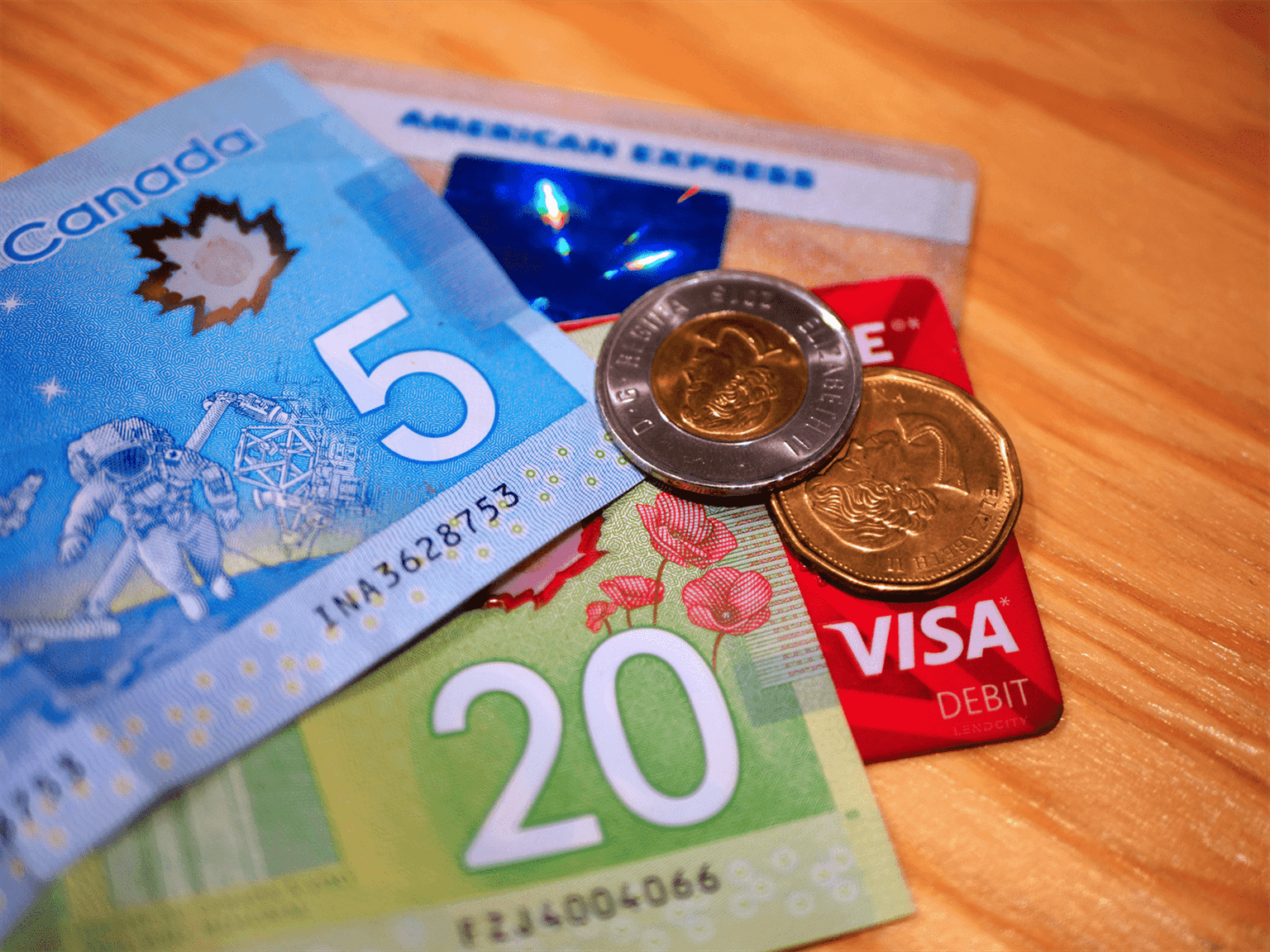Start Investing in Real Estate - 5 Signs You Are Ready to Make Your First Investment

Investing in real estate is a great way for people to begin earning a passive income. It also allows you to rapidly build household wealth. When leveraged correctly, a single strategic real estate investment could help you make several more significant investments later on down the road!
Real estate investment represents a major financial decision. Many assume they’re financially stable enough to start investing in real estate. Then, investors find out too late that they don’t have the assets necessary to overcome the many unforeseen obstacles and expenses frequently associated with real estate. It’s a tricky situation.
Before you start investing in real estate and rental properties, carefully analyze your finances. Weigh any potential circumstances you may encounter both during and in the months immediately following the transaction. While it’s possible to begin earning money from a real estate investment right away, issues could dig into that cash flow before it even hits your bank account.
But first, if you would like to start investing in real estate the right way, let us help you out with a free strategy call with our team at LendCity at the link below.
How to tell if you’re financially stable enough to start investing in real estate
Determining your fiscal stability can be a challenging task. You may think you have a relatively comfortable lifestyle and are financially capable of making a large investment. But, without a preemptive, careful, objective analysis of your finances, investing could spell disaster for your pocketbook.
There are some aspects of your financial life you may not think will impact your ability to invest in real estate. Some financial aspects include your ability to pay unforeseen emergency expenses. Here are a few signs you can use to determine your fiscal readiness. Also, these signs help you determine whether you’re able to invest with confidence and stability.
You’re protected against emergencies
Emergencies always tend to strike when you least expect them, and when they’re least welcome. If you’re planning to start investing in real estate, you should be sure that you have emergency funds to cover at least six months’ worth of living expenses.
Investing in proper disaster coverage insurance for your existing assets will also help you to lower the impact of any emergencies that may strike.
You lack unsecured debt
Unsecured debt, like credit card debt, is a liability to your financial health and security. If you have any unsecured debts, you’ll need to pay them off completely before you start investing in real estate.
Debt tied to a hard asset (like a car or property) can help you grow your net-worth. Unsecured debt only costs you money in interest payments and fees. Unsecured debt does nothing to grow your wealth. Pay off any credit cards or personal loans before looking at real estate investment opportunities.
You stick to your budgets
You should have budgets outlined for each month, quarter and year. Planning your budgets can be challenging, but they’re essential to maintaining the fiscal health necessary to make a major investment.
If you’re new to budgeting, you should spend at least a year following and tracking your budget before you start investing in real estate. Your budget should outline hard expenses for each month, as well as discretionary spending on items necessary some months, but not others.
Discover How To Apply For An Investment Property Mortgages With This Step By Step Guide
You’re saving at least 15 percent
Experts recommend you set aside a minimum of 15 percent of your annual income toward your retirement account. It’s important to notice, however, that this is the minimum recommendation. You should be saving at least twice this amount toward the end of your career! If you can put away large swaths of your annual income toward your retirement account, you’re not financially secure enough to start investing in real estate.
You’re adding passive income each year
Many people begin to invest in real estate to generate passive income. You should already have some sources of passive income before you start investing in real estate. Some ways to generate passive income include stock and bond dividends, real estate investment trusts (REITs) and more. It’s important to have some form of passive income before making a real estate investment decision. This way, you’ve got some other source of cash flow if a deal lands you underwater.
Does your situation track?
If your finances are in line with these criteria, you may be ready to begin exploring real estate investment opportunities! If you’re carrying around credit card debt or are having trouble sticking to your budget, you should probably start your journey toward investment by tackling those issues first.
Investing Mindset
At this point, we have covered mostly financial scenarios and why they are important. But, the foundation for success in real estate is also a mindset.
If you do not have a strong mindset, you could let a minute issue clog your logical thinking and you might make mistakes. For investors getting started, we recommend reading Rich Dad Poor Dad. It's one of our favourite investment books.
This book doesn't teach strategy, only mindset.
Wrapping Up
Going into your first real estate investment properly prepared will help you ensure you can reap the benefits of passive income generation. That way, you can grow your net-worth effectively and responsibly over time!
To start investing in real estate successfully you must have both financial security and the correct mindset.
So if you would like to start investing in real estate the right way, let us help you out with a free strategy call with our team at LendCity at the link below.
